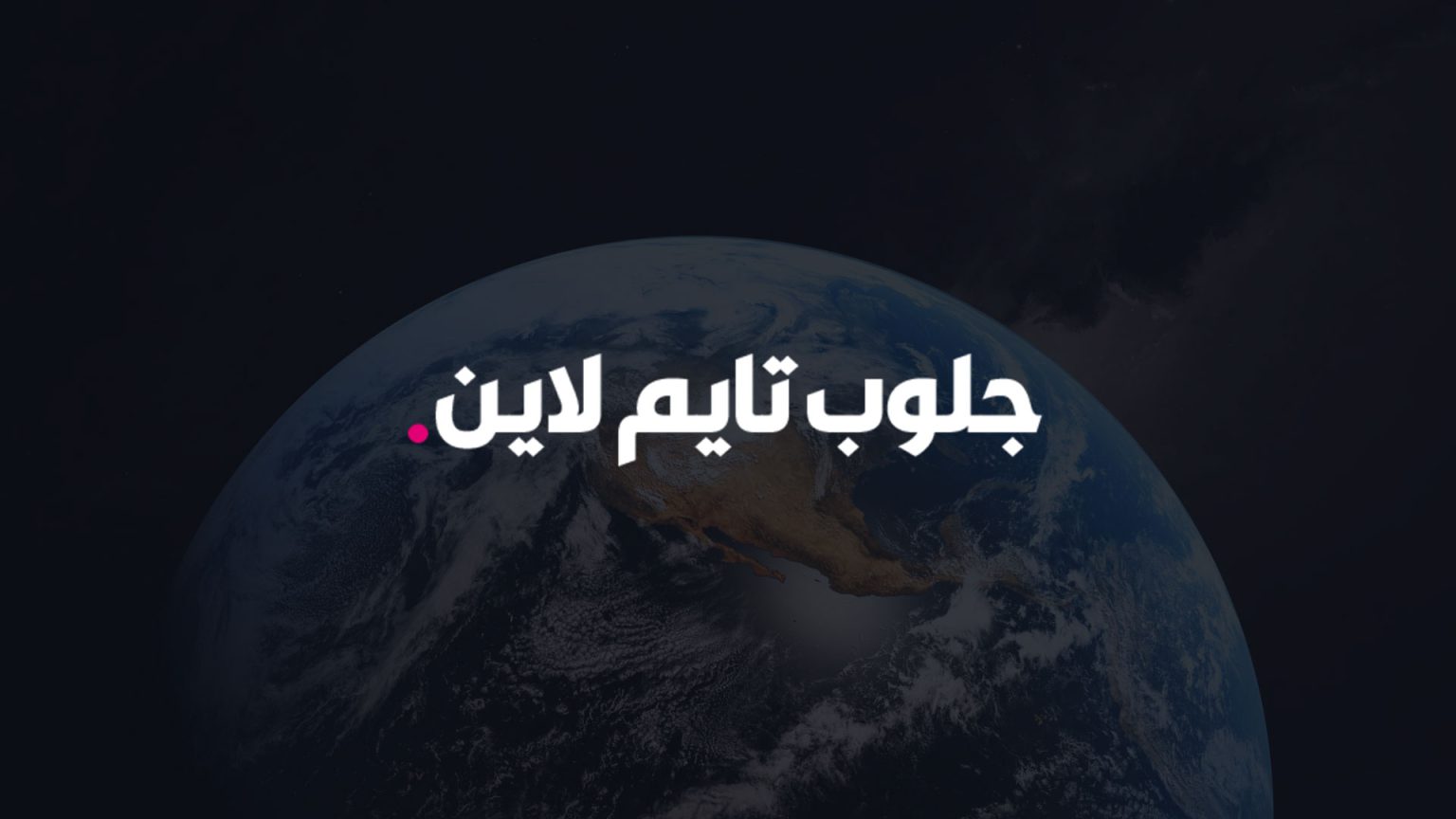Summarize this content to 2000 words in 6 paragraphs in Arabic Good morning. Brussels has devised a legal loophole to sidestep Hungary’s veto on financing weapons for Ukraine with cash raised from immobilised Russian assets, the EU’s chief diplomat told me, with foreign ministers set to discuss the workaround today. That manoeuvre will be critical to a G7 scheme to loan Ukraine tens of billions this year. Today, our finance correspondent reveals the European Commission’s blueprint to execute that plan. But first, our tech correspondent previews a huge week in Brussels’ escalating battle with Big Tech.Brussels strikes backThis week, the European Commission will finally use its new powers granted under landmark rules to rein in Big Tech. Brussels is expected to move ahead with charges against Apple for alleged anti-competitive conduct, and Microsoft on suspicions of taking advantage of its market dominance, writes Javier Espinoza.Context: The EU has been gearing up for years to fully unleash the Digital Markets Act, landmark rules designed to force powerful “online gatekeepers” to open up their businesses to competition in the EU.Expected charges against Apple, first reported by the Financial Times, would be the first under those powers, and will demonstrate to what extent regulators can force companies to change practices.The EU is set to open a fresh probe into whether fees introduced by Apple, including charging app developers 50 cents per download if their app has more than 1mn users, comply with the rules. According to analysts, this goes to the heart of Apple’s business model, and targeting the fee could harm the way the company makes billions in the future. Brussels believes the tech giant is breaking the law, and it is expected to charge the iPhone maker this week, according to three people with knowledge of the case. If found guilty, Apple faces fines of up to 10 per cent of its annual global turnover.Apple has denied wrongdoing. On Friday, it said it was putting new AI-enabled features for iPhones on hold in Europe because of uncertainty over the implementation of the rules.Then there’s Microsoft. Under separate antitrust powers, Brussels suspects the tech company is using its ability to bundle video streaming app Teams with its other software to the detriment of rivals. Concessions offered by Microsoft to assuage those concerns were not sufficient, and official charges against the group are expected this week, too. Microsoft said that it continued to “engage with the commission, listen to concerns in the marketplace, and remain open to exploring pragmatic solutions that benefit both customers and developers in Europe”.Although the case is far from settled, some people familiar with the details believe that both parties could iron out a deal that will see the company avoid a hefty fine.The exact timing of the announcements can still shift, but it’s clear the EU thinks the time is right to hit Big Tech, hard.Chart du jour: MathématiqueFrench voters trust the far-right Rassemblement National most to manage the economy and reduce the public deficit and debt, despite its unfunded spending plans, according to an FT/Ipsos poll.ThawThe European Commission wants EU countries to swiftly put into practice a G7 agreement on loaning $50bn to Ukraine on the back of profits arising from sanctioned Russian foreign reserves, writes Paola Tamma.Context: The EU executive set out the basics for a “Ukraine Loan Cooperation Mechanism” in a document, seen by the FT. It describes how the proceeds from assets immobilised in the EU, possibly including tax revenue earned on those, could be sent to Ukraine in order to repay G7 loans of $50bn. “The revenues would be distributed in proportion to the size of the bilateral loans provided,” the commission wrote, adding that “each lender would bear the residual risk of its loan”.EU finance ministers chewed on that document on Friday, but didn’t come to an agreement on the EU’s share of the loan. Italy’s Giancarlo Giorgetti, currently chairing the G7 finance track, indicated it would be “between 50 and 60 per cent”.The question of whether profits arising from assets held in other G7 members should be part of the scheme is also still open. A total of €260bn are known to be frozen by the G7 and its partners, of which €190bn is held at the central securities depository Euroclear in Belgium, the main target of the EU proposal. More is immobilised in countries including the US, UK and Japan.“Further discussions with G7 partners are needed on the conditions for their participation,” the commission wrote.The goal is to agree on technicalities by year’s end. “We need to be moving towards this and making sure that this loan can be available for Ukraine already this year,” executive vice-president Valdis Dombrovskis said Friday.What to watch today EU foreign ministers meet in Luxembourg.EU agriculture and fisheries ministers meet.Now read these
rewrite this title in Arabic The week Brussels will roll out its newest weapon against Big Tech
مقالات ذات صلة
مال واعمال
مواضيع رائجة
النشرة البريدية
اشترك للحصول على اخر الأخبار لحظة بلحظة الى بريدك الإلكتروني.
© 2025 جلوب تايم لاين. جميع الحقوق محفوظة.




